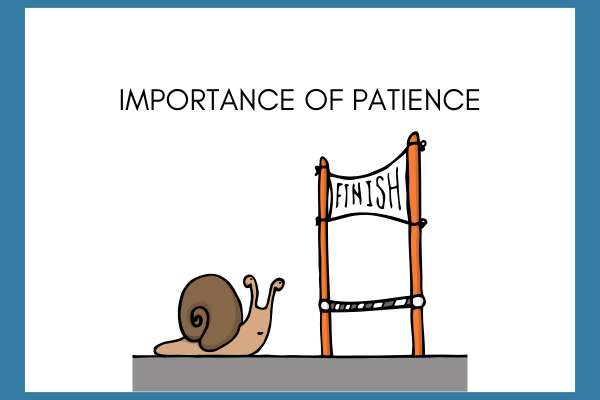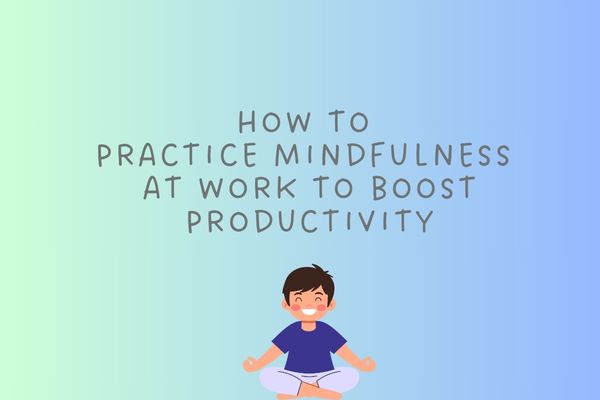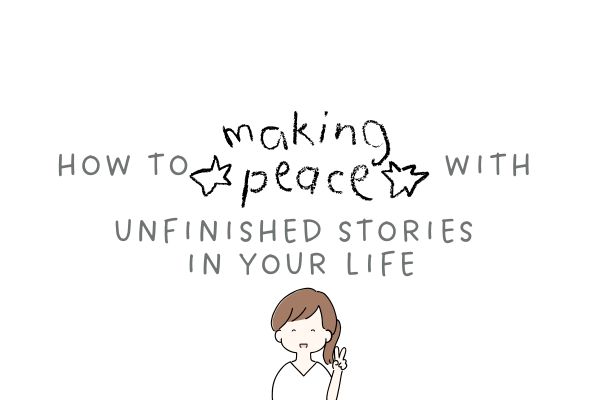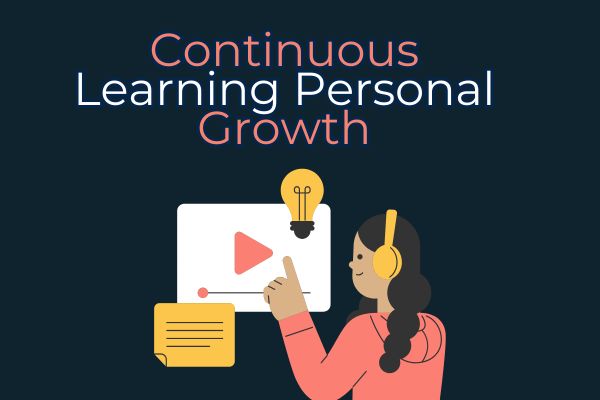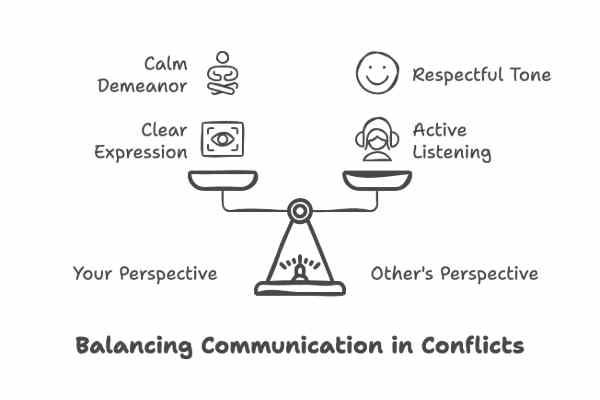In today’s world, speed is often glorified. With rapid technological advancements, instant communication, and the ability to acquire almost anything with a click, we’ve become accustomed to immediate results. However, in the midst of all this hustle and bustle, patience is a virtue that is slowly being overlooked. The ability to remain patient, especially in a fast-paced world, is crucial for personal well-being, meaningful relationships, and long-term success.
This article explores the importance of patience in a fast-paced world, its benefits, and practical ways to cultivate it in daily life.
The Pace of Modern Life
The Shift to Instant Gratification
The modern world thrives on convenience. Smartphones, online shopping, and instant messaging have made it possible to access information, communicate with others, and acquire goods within seconds. As a result, the expectation for instant gratification has permeated various aspects of our lives, creating an environment where waiting is often viewed as inefficient or inconvenient.
This cultural shift towards immediate results has led to a decrease in patience. People expect quick outcomes, and anything that requires waiting or takes time is often met with frustration or impatience.
The Toll of a Fast-Paced Lifestyle
While the fast-paced nature of modern life offers several conveniences, it also comes with its downsides. The constant rush and desire for instant results often lead to stress, anxiety, and burnout. The pressure to keep up with the fast pace can negatively affect mental health and overall well-being. Furthermore, the constant focus on speed and efficiency can detract from the ability to fully experience and appreciate life’s moments.
Why Patience Matters
Patience and Mental Well-Being
In a world where we’re constantly moving from one task to the next, it can be easy to forget the importance of slowing down. Patience allows us to take a step back, breathe, and embrace moments of stillness. This ability to wait calmly without frustration or anxiety is crucial for maintaining mental health.
When we practice patience, we reduce feelings of frustration and helplessness that often arise when things don’t happen as quickly as we’d like. It helps us manage our expectations, accept the natural rhythm of life, and cultivate resilience.
Building Stronger Relationships
Relationships, whether personal or professional, require time and effort to flourish. Patience is essential for building meaningful connections with others. When we are patient, we are more likely to listen actively, understand different perspectives, and offer support when needed.
On the contrary, impatience can lead to misunderstandings, hasty judgments, and unnecessary conflicts. By learning to wait and giving others the space to express themselves or grow at their own pace, we foster trust and empathy in our relationships.
Achieving Long-Term Success
Patience is not only important for personal growth and relationships but also plays a key role in achieving long-term goals. Success, whether in a career, personal development, or creative endeavors, requires time, persistence, and sustained effort.
In a world that prioritizes quick results, many individuals give up too soon when faced with obstacles or delayed outcomes. However, patience enables individuals to persist through challenges, learn from setbacks, and continue working towards their objectives without becoming discouraged.
Also check: Lessons for Younger Generations
The Science Behind Patience
How the Brain Processes Patience
Research in psychology and neuroscience has shown that the brain processes patience and impatience in distinct ways. When we experience impatience, the brain’s stress centers become activated, releasing cortisol (the stress hormone), which leads to heightened emotions such as frustration and anxiety.
On the other hand, practicing patience has been linked to the activation of the prefrontal cortex, the area of the brain responsible for decision-making, impulse control, and long-term planning. This means that individuals who cultivate patience are better able to manage their impulses, stay calm under pressure, and think critically about their decisions.
The Benefits of Patience on Physical Health
Interestingly, patience doesn’t only benefit our mental well-being. Studies have also shown that practicing patience can have a positive impact on physical health. By reducing stress and anxiety, patience helps lower the risk of heart disease, high blood pressure, and other stress-related health issues.
Moreover, patience enables individuals to make healthier choices in terms of diet, exercise, and lifestyle. Instead of seeking quick fixes, a patient mindset encourages sustainable, long-term habits that promote overall well-being.
Cultivating Patience in a Fast-Paced World
Mindfulness and Meditation
One of the most effective ways to cultivate patience is through mindfulness and meditation. These practices teach us to stay present in the moment and embrace the natural flow of life without rushing. By focusing on the here and now, we can let go of the anxiety and impatience that comes with waiting for something to happen.
Mindfulness encourages individuals to observe their thoughts and emotions without judgment, helping them recognize when impatience arises and teaching them how to respond calmly. Meditation, on the other hand, helps calm the mind and improves overall emotional regulation.
Setting Realistic Expectations
Another way to develop patience is by setting realistic expectations for ourselves and others. Often, impatience arises when our expectations are out of alignment with reality. If we expect things to happen quickly or effortlessly, we may become frustrated when they don’t.
By acknowledging that some things take time and effort, we can better manage our expectations and avoid unnecessary stress. This also involves embracing the idea that growth, progress, and success are often gradual processes that require perseverance.
Learning to Manage Stress
Since impatience is often linked to stress, learning effective stress management techniques is crucial for cultivating patience. Practices such as deep breathing, exercise, and regular relaxation can help reduce stress levels and increase our ability to remain patient in challenging situations.
When we are stressed, we are more likely to react impulsively, leading to frustration and a lack of patience. By managing stress proactively, we can create a calmer, more centered state of mind that allows us to respond with patience.
The Role of Patience in Personal and Professional Growth
Patience in Personal Development
In our personal lives, patience is essential for self-growth. Achieving personal goals, whether it’s learning a new skill, improving our health, or developing new habits, takes time and consistent effort. When we are patient with ourselves, we acknowledge that growth is a process and that setbacks are a natural part of the journey.
Patience also encourages self-compassion. Instead of criticizing ourselves for not achieving things faster, we learn to appreciate the progress we’ve made, no matter how small. This mindset helps maintain motivation and ensures that we stay focused on the long-term goal, rather than seeking quick but unsustainable results.
Patience in the Workplace
In the professional world, patience is just as important. Career growth often involves navigating challenges, learning new skills, and working through complex projects. Impatience in the workplace can lead to burnout, poor decision-making, and strained relationships with colleagues.
By practicing patience, professionals are better equipped to handle setbacks, manage deadlines, and collaborate effectively with others. It allows them to maintain a clear head when facing challenges and develop the resilience needed to overcome obstacles.
Conclusion
In conclusion, while the fast-paced world we live in often encourages immediate results and instant gratification, the importance of patience cannot be overstated. Patience is not just about waiting—it’s about adopting a mindset that embraces the natural flow of life, accepts challenges with resilience, and values long-term progress over short-term rewards.
Whether it’s for improving our mental well-being, building stronger relationships, or achieving success in our personal and professional lives, patience plays a critical role in fostering a more balanced, fulfilling life. By cultivating patience, we can better navigate the complexities of modern life and find deeper satisfaction in the journey, rather than solely focusing on the destination.
In a world that constantly demands more, the ability to pause, wait, and remain patient is not just a virtue; it’s a necessity for maintaining peace, purpose, and balance in our lives.
